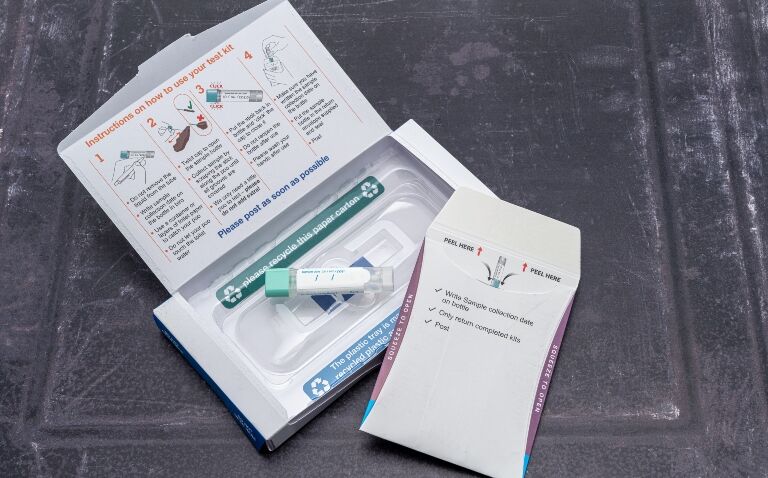NHS screening has reduced the incidence of cancer in the lower bowel in England by roughly 15%, according to a new study.
Published in the journal Colorectal Disease, researchers at the University of Bristol and the University Hospitals Bristol and Weston Foundation Trust found that the reduction was most pronounced among men and patients living in areas with highest deprivation levels.
The incidence rate was found to peak in the years following the introduction of the English Bowel Cancer Screening Programme (BCSP) in 2006, but then decreased, with the greatest observed reduction in tumours of the lowermost portion of the large bowel.
The study identified over 540,000 adults diagnosed with bowel cancer of screening age, from 60- to 74-years-old, between 2001 and 2017.
From 2006, the incidence of cancer in the lowermost portion of the lower bowel has decreased by approximately 15%.
The disparity in this incidence rate based on deprivation also reduced – in 2001 it was 11% higher in patients from the most deprived compared to the least deprived areas, but this decreased to 4% by 2017.
When it began in 2006 the the NHS programme invited adults aged 60-69 to complete guaiac faecal occult blood tests every two years, but it was scaled up in 2010 to offer screening to adults aged up to 74 years.
Since 2021, as part of the NHS Long Term Plan, the programme has been expanding further to make it available to everyone aged 50-59 years by 2025.
Eligible patients are currently sent a faecal immunochemical test (FIT) home kit every two years.
University of Bristol colorectal surgery lecturer Adam Chambers, a co-lead study author, said: ‘Our results show that one of the benefits of screening people for bowel cancer is that there is a significant lowering of colorectal cancer incidence rates that is primarily driven by detecting and removing pre-cancerous polyps at colonoscopy.
‘Future work should be focused on reducing the incidence of tumours of the uppermost portion of the large bowel by increasing screening uptake through use of the new FIT and improving the quality of colonoscopy.
‘We welcome the reduction in the screening age threshold, as our research group have previously demonstrated that bowel cancer incidence is rapidly increasing in young adults.’
Earlier in August, trifluridine/tipiracil was approved by the European Commission and the FDA for use in combination with bevacizumab for the treatment of adult patients with metastatic colorectal cancer.
A version of this article was originally published by our sister publication Pulse.










